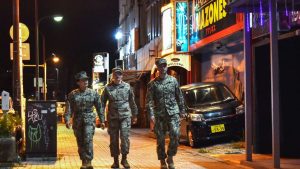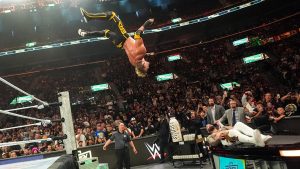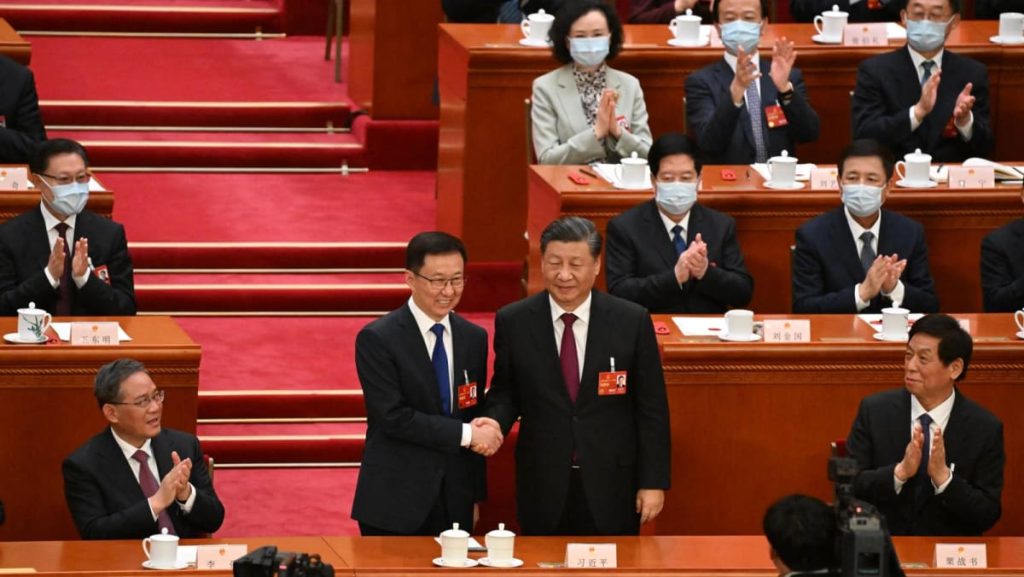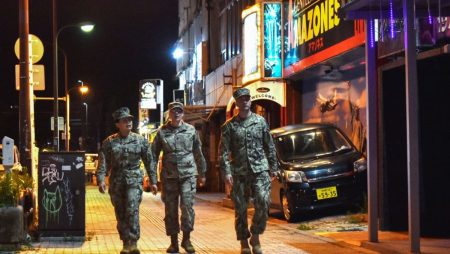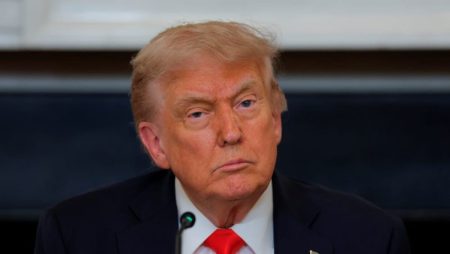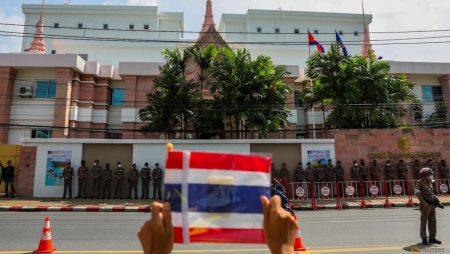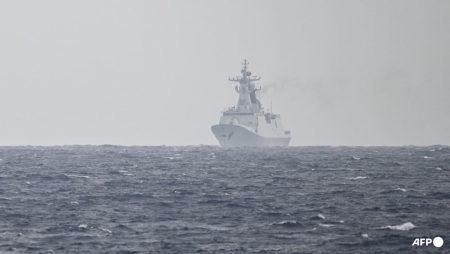The selection of Han Zheng as China’s envoy to Donald Trump’s second inauguration was a calculated move by Beijing, designed to navigate a complex and potentially fraught diplomatic situation. Han’s position as Vice President, while superficially conveying respect through a “senior-level” representative, simultaneously served as a strategic buffer against the uncertainties of the incoming Trump administration. His lack of close ties to Xi Jinping meant he was expendable in a diplomatic sense, protecting Xi’s inner circle from potential embarrassment or targeting by foreign powers. This “middle-ground move” addressed US expectations for a high-ranking official while avoiding the risks associated with sending a key confidant of Xi. Essentially, Han was deemed the perfect emissary for a mission seen as potentially “thankless,” with limited opportunity for genuine goodwill. The risk of “losing face” was minimized by dispatching someone of sufficient stature, yet not so central to Xi’s power structure that any diplomatic missteps would reflect poorly on the Chinese president himself.
This calculated approach reflects a broader pattern in China’s diplomatic strategy, where the selection of envoys is carefully considered to align with specific political and diplomatic goals. In situations where the potential for conflict or embarrassment is high, sending a less prominent figure allows Beijing to maintain a degree of plausible deniability and protect its core leadership from direct association with any negative outcomes. Han’s role echoed that of his predecessor, Wang Qishan, who frequently represented Xi at international events that the president chose not to attend personally. This established precedent underscores the Chinese vice presidency’s largely ceremonial function, with its primary purpose being to “assist the president” and carry out delegated tasks. In this instance, Han’s assignment to Trump’s inauguration fell squarely within this established framework, fulfilling the role of a stand-in for Xi while mitigating potential political risks.
The alternative candidates considered for this diplomatic mission, Cai Qi and Wang Yi, further illuminate the strategic thinking behind Han Zheng’s selection. Cai Qi, a member of the Politburo Standing Committee and considered Xi’s closest confidant, was deemed too valuable to risk in a potentially hostile environment. Sending such a high-ranking and close associate of Xi would have signaled a significant level of investment in the US-China relationship, a gamble Beijing was unwilling to take given the unpredictable nature of the Trump administration. Moreover, exposing Cai Qi to potential scrutiny or diplomatic missteps would have carried the risk of embarrassing Xi directly, a consequence China sought to avoid.
Similarly, while Foreign Minister Wang Yi regularly represents China on the global stage, his presence at the inauguration would have carried a different weight than that of the vice president. Wang Yi’s role focuses specifically on foreign affairs, making his attendance at such an event more expected and less symbolically significant. In contrast, deploying the vice president, even one without deep political clout like Han, conferred a higher level of perceived importance to the occasion, satisfying the US demand for a “senior-level” representative without jeopardizing Xi’s inner circle.
The decision to send Han Zheng also implicitly acknowledged the potential for anti-China executive orders from the Trump administration. The inauguration was viewed not as an opportunity for fostering positive relations, but rather as a potential minefield. By sending Han, China could fulfill its diplomatic obligations without exposing its key leadership figures to the fallout of potentially damaging policy decisions. This pragmatic approach prioritized risk management over optimistic engagement, reflecting a cautious assessment of the evolving US-China relationship under the Trump presidency.
This cautious approach reflects a deep understanding of the dynamics of international diplomacy, particularly in the context of a strained bilateral relationship. China carefully calibrated its response to the inauguration invitation, seeking to strike a balance between fulfilling protocol and protecting its own interests. Han Zheng’s selection allowed Beijing to navigate the complexities of the situation, demonstrating deference to the US while simultaneously safeguarding its key figures and minimizing potential political fallout. This calculated move underscores the importance of personnel selection in diplomacy, where individuals can serve as strategic assets or liabilities depending on their proximity to centers of power and the specific context of the diplomatic engagement.
In conclusion, the deployment of Han Zheng to Trump’s second inauguration was a carefully calculated maneuver that prioritized risk mitigation over fostering goodwill. By selecting a figure of sufficient stature yet without significant political influence, China fulfilled its diplomatic obligations without exposing its key leadership to the uncertainties of the incoming Trump administration. This pragmatic approach reflects a wider pattern in Chinese diplomacy, where careful personnel selection is used to navigate complex international relationships and protect core leadership from potential embarrassment or diplomatic fallout. The choice of Han Zheng over other potential candidates, such as Cai Qi and Wang Yi, further underscores the strategic thinking behind this decision, demonstrating Beijing’s prioritization of stability and control amidst a volatile political climate.

